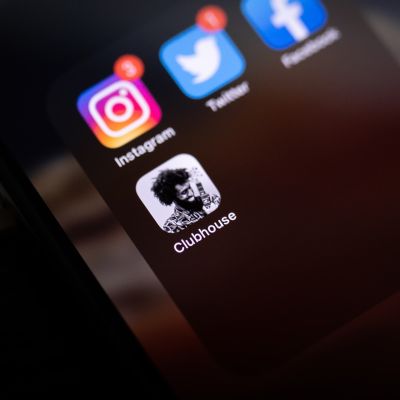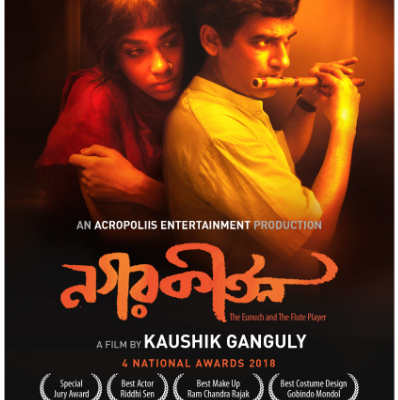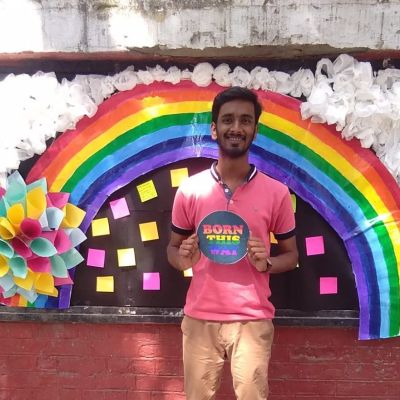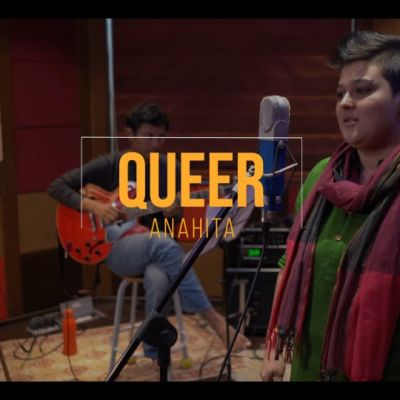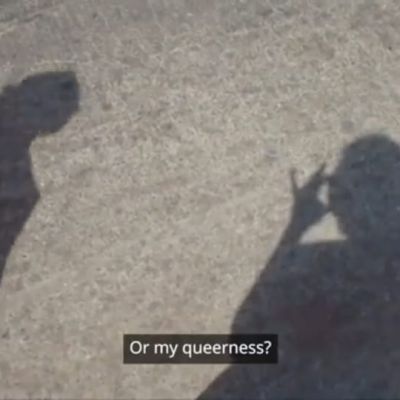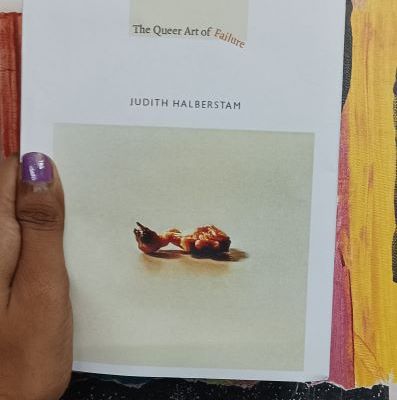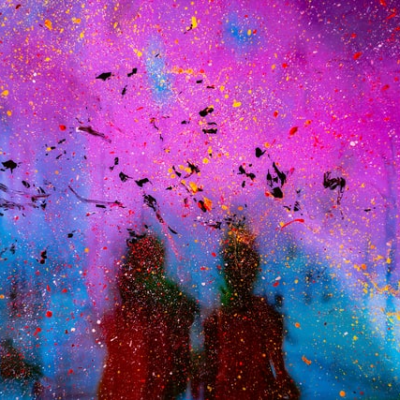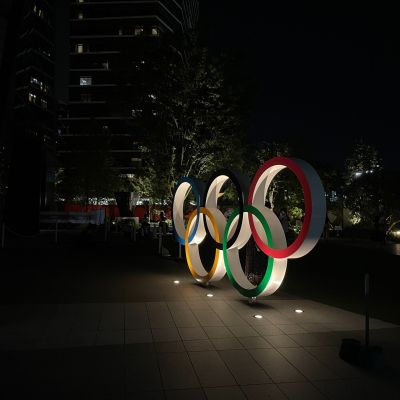LGBTQIA
In theory, the concept of the app is a great one – it provides women, queer people, and people belonging to oppressed castes the tea-stall, cigarette-shop type of public spaces for conversation that are available to upper-caste cis het men. The relative anonymity acts like a safe cover, and the app affords a certain autonomy and agency to marginalised people to regulate the kind of conversation that goes on in rooms moderated by them.
But what has been amazing to witness is how quickly young women in particular, took to the ideas of Why Loiter? and pushed them even further, creating new movements to expand women’s rights to the public, including the right to be out late at night, to stretch the curfew at women’s hostels, to demand extended access to women’s toilets, to public transport etc.
The plot of the movie narrates the tale of the love that grows between two people who are struggling to survive in a world of rootlessness and are continuing to make a cosy home for themselves. The love between Madhu, who works as a food delivery boy, and Puti, who survives by singing at traffic signals, blossoms while they cross paths everyday at the traffic signal and the look that they exchange appears to us as if each of them is trying to find a home in the other.
The film has all the makings and trimmings of a commercial thriller – a dynamic story, song and dance, an action-packed climax – and at the same time, it is a cinephile’s film.
Expanding contexts give the word ‘movement’ different meanings and value. Physical, conceptual, technological, relationship, emotional, mental, power, knowledge, ability, access, may be amongst the contexts immediately identified.
The space where we get an education and form our ideas about the world, and especially about people who are not like us (read: minorities) holds importance, especially for me as a queer Bahujan person.
Watch Queer, a hard-hitting spoken word poem by Anahita Sarabhai, co-founder of QueerAbad.
Which Came First is a film about identity, desires, queerness–it captures the essence of self-discovery.
In a world where queerness is looked at as failure, The Queer Art of Failure allows for many possibilities to make sense of these failures.
“Questions of difference should not be a cause for despair. There are examples from history and our own lives that show how we can connect across difference and stand in solidarity with one another…”
Queering transcends the confines of symmetry and is a way of looking, of breaking established meaning, of making new meaning, and of being and becoming that offers us the promise of fluidity, flux and freedom.
She turns towards me when I speak, and I can feel her eyes thinking over my words, sensitive to any hint of criticism. Her thighs slide against mine, and for a moment we are both distracted by the naked coolness of our bodies. For a moment, we look at each other.
Self-care is influenced by the environment we inhabit, the way we relate to others, the way we negotiate with other living beings or structures. Self-care is also interlinked with other types of care – whether that is in community resources, psychosocial support, engagement with medical and health care institutions, and of course in collective agency and solidarity.
To chase down our own vulnerabilities around sexuality is a short run around the corner, five minutes ago, last night sleeping alone, with a lover, a partner who lost interest, the Insta post that leaves you feeling you’re not good enough for the hug, the kiss, the cuddle and are you perhaps the A of LGBTQIA+?
The spotlight that the world’s biggest sporting event (arguably) has along with the inherent gender and sexuality bias in sport come together in how sportspersons and athletes are both perceived and perceive themselves in mainstream and social media.

